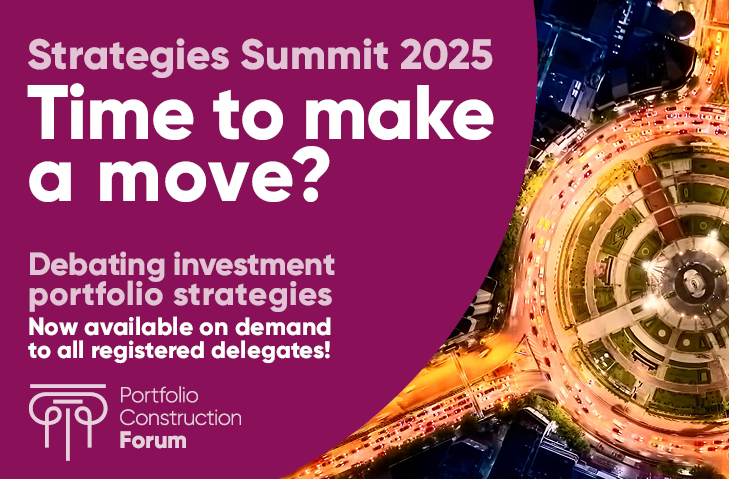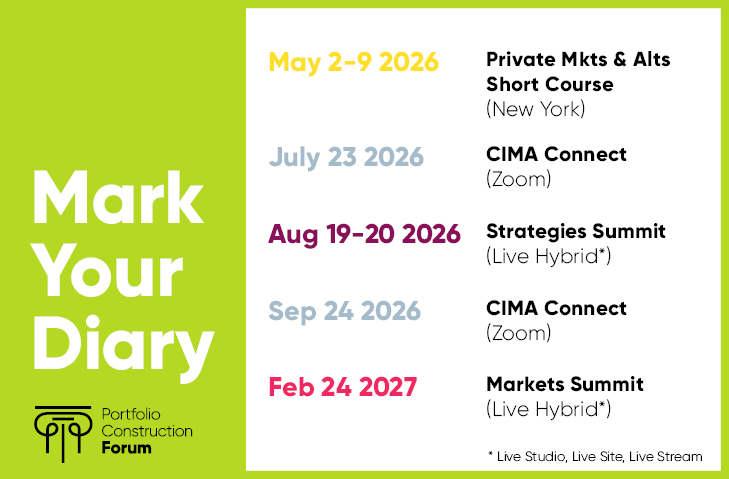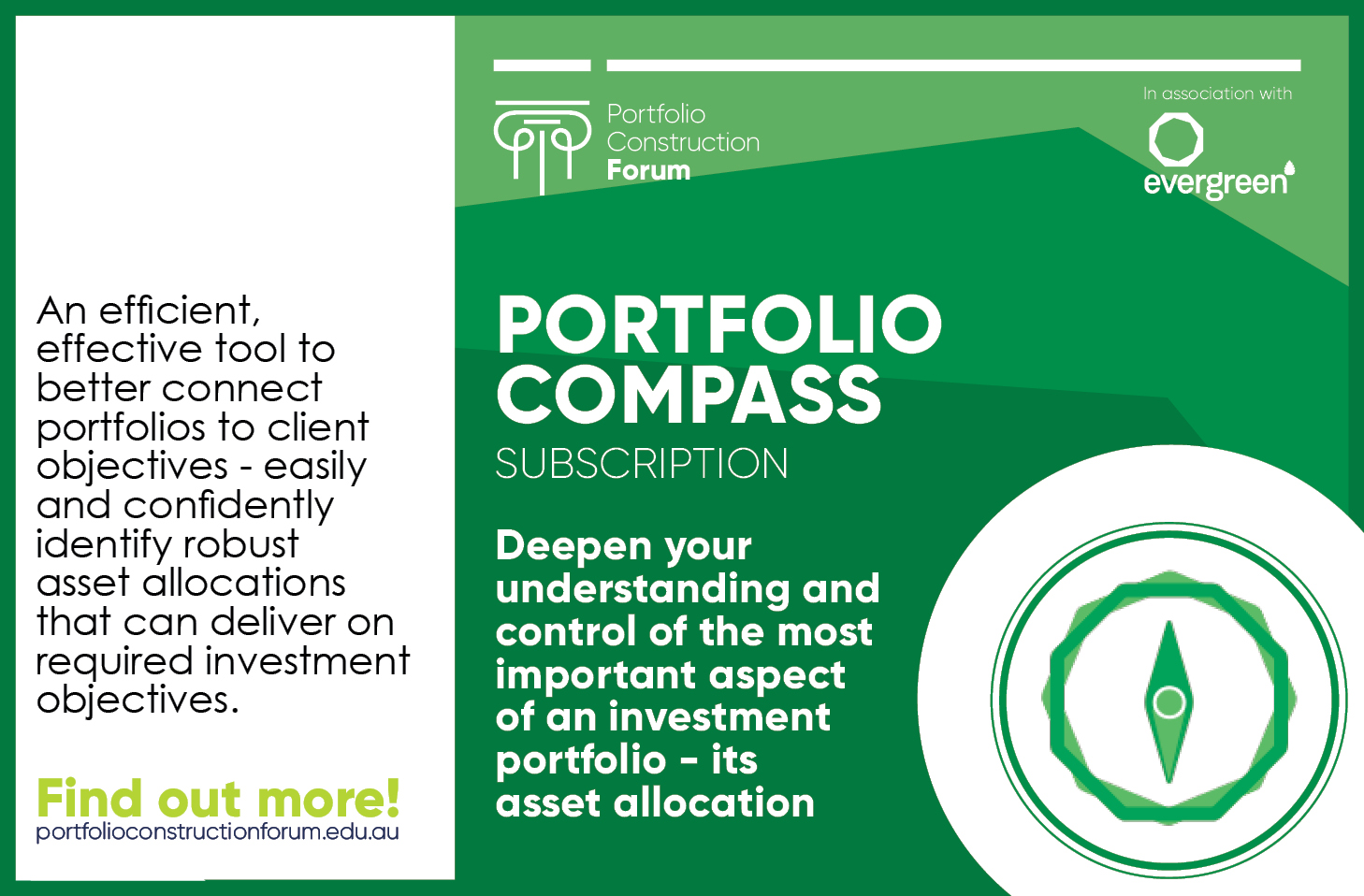Whether markets' faith turns out to be well founded depends significantly on how Warsh handles rising bond-market risk. While reining in the Fed's balance sheet is a worthy long-run monetary-policy goal, now is not the time.
The idea that we should just focus on long-term earnings growth and forget about value and dividends? It's nuts and you can clearly see it's nuts!
Investors should assign a higher weighting to the possibility of President Trump and President Xi striking a bargain on Taiwanese sovereignty.
Private debt has grown in popularity as an alternative source of debt financing, with the asset class tripling in size since 2008. This self-paced, two-hour online short course equips you with the expertise to navigate private debt investment confidently across diverse market conditions.
Led by behavioural finance expert, Herman Brodie, the Behavioural Finance - Investment Decision-Making course will help you identify, analyse and evaluate the principal human preferences that influence decision-making in situations of uncertainty, so you can recognise and identify these preferences in others, to improve investment decision-making.
Despite the US economy's strong performance in 2025 which is likely to continue in 2026, it is hard to escape the conclusion that, over the medium term, Trump's decisions over the past year will expose the US to massive risks.
The global rules-based order is cracking, resulting in an increasingly complex and uncertain macro backdrop. Practitioners will need to consider information from a broader array of specialists to understand the drivers of and outlook for markets.
Investors will look back on 2025 as the beginning of the end of US exceptionalism. Practitioners must now consider geopolitics in their fundamental analysis, alongside macroeconomic and company factors.
Rich Pickings explores the investment beliefs and philosophies of prominent professional investors. In this episode, I'm in conversation with London-based, absolute return fixed income investor, James McAlevey, BNP Paribas Asset Management...
The future that emerges after 2025 depends crucially on the worldview we choose. Lamenting the polycrisis reinforces paralysis; embracing the polytunity encourages change.
2025 will likely go down in history as one of the most eventful, action-packed years of the 21st century. Here are 20 possibilities that should help you navigate uncertainty between now and 2031.
A new approach to asset allocation is needed to create long-term wealth for clients, focusing on risk-adjusted returns with up to 50% of portfolios allocated to private markets asset classes.
Rather than treating ethical decision-making as a cognitive issue, investment professionals should develop "ethics muscle memory", increasing the chances of successfully navigating moral predicaments in the moment.
Together, these two articles shed light on important micro and macro challenges facing the growth of ethical responsibility in investment and wealth management.
What's new with our live and on-demand continuing education, accreditation and certification programs.



















